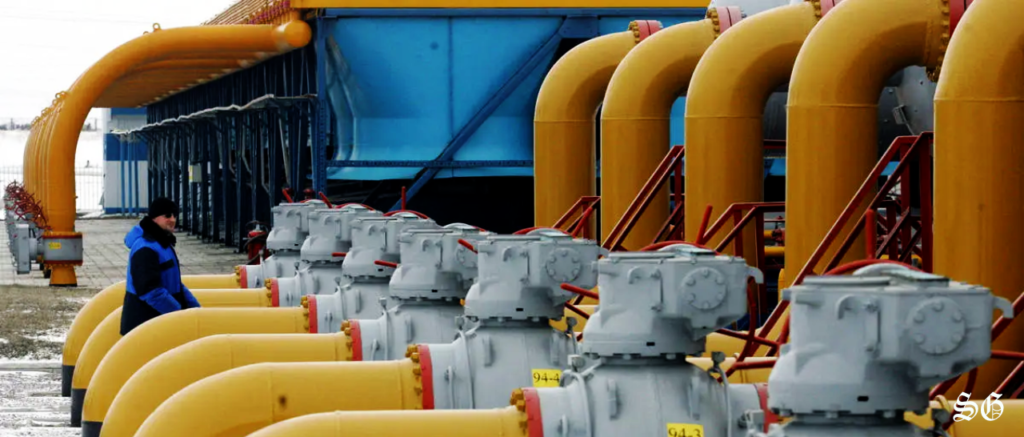Table of Contents

Russia Cuts Off Gas Exports to Europe as Ukraine Rejects Transit Renewal
End of Decades-Long Energy Dominance
On January 1, 2025, Russia Cuts Off Gas Exports to Europe as Ukraine Rejects Transit Renewal, marking the end of Moscow’s decades-long dominance in European energy markets. The cut-off, which follows Ukraine’s refusal to renew a transit agreement, has significant financial implications but will not disrupt European Union (EU) consumer prices as seen in the previous year.
Alternative Supplies Mitigate Impact
While the disruption has affected some countries, such as Slovakia and Austria, these nations had already arranged alternative gas supplies. Slovakia now relies on pipelines from Germany and Hungary, while Austria has secured limited supplies from Slovakia. Hungary will continue to receive Russian gas via the TurkStream pipeline under the Black Sea. EU officials confirmed that the union is well-prepared, with increased liquefied natural gas (LNG) import capacities in place since 2022.
Transdniestria Faces Energy Shortages
The cessation of Russian gas transit has led to heating and hot water supply disruptions in Transdniestria, a pro-Russian breakaway region of Moldova. Local authorities urged residents to conserve energy by using electric heaters and insulating windows with blankets.
Economic Consequences for Ukraine and Russia
Ukraine stands to lose up to $1 billion annually in transit fees. To compensate, the country has raised gas transmission tariffs for domestic consumers, which may cost its industry more than 1.6 billion hryvnias annually. Gazprom, Russia’s state-owned gas company, is projected to lose nearly $5 billion in gas sales due to the halted exports.
Decline of Russian Gas in Europe
The reduction in Russian gas exports is part of a broader trend, with the EU significantly reducing its dependence on Russian energy since the beginning of the war in Ukraine. The EU has diversified its energy sources, increasing imports from Norway, Qatar, and the United States. Meanwhile, Russia’s gas sales to Europe have dropped drastically, from a peak of 65 billion cubic meters (bcm) in 2020 to only 15 bcm in 2023.
The Road Ahead for European Energy Security
With the ongoing cessation of Russian gas flows, Europe continues to strengthen its energy infrastructure and diversify its sources, ensuring that non-Russian gas supplies meet demand.